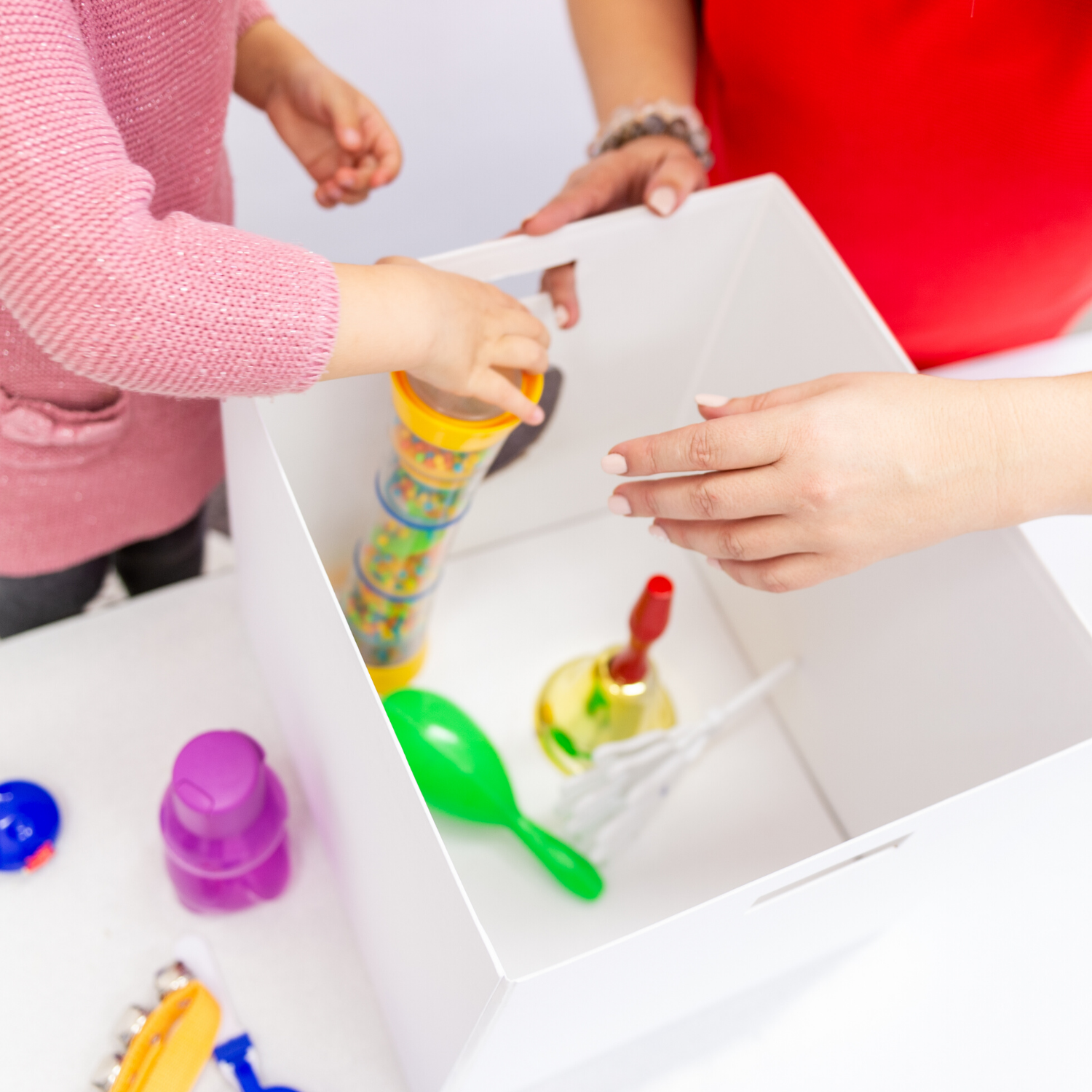Mobile
Tablet
Mobile
Tablet
Recent research has shown that mental health problems affect around one in ten children and young people.
The emotional well-being of children should be viewed as important as their physical health. Good mental health allows children and young people to develop the resilience to cope with life’s challenges and grow into emotionally healthy adults.
Throughout their lives, most children go through difficult times and some children need more help than others to get through the challenges they face. If you or other adults in your child's life are concerned about your child or their behaviour, there are services that are available to help.
The child's confidentiality within the therapy hour is respected but the service adheres to The Department for children, schools and families (DCSF) Working Together Every Child Matters principles and aims to develop close working relationships with key adults within a child's network.
The service is primarily orientated towards providing individual play therapy sessions to children although sessions on therapeutic parenting can be offered to children's carers, as can parent and child play sessions.



Benefits of Play Therapy
Play therapists generally work with children aged from 3 years to adolescence, experiencing a range of psychological difficulties and complex life experiences.
Examples of psychological difficulties may include depression, anxiety, aggression, learning difficulties and ADHD.
Difficult life experiences can include abuse, grief and loss, divorce and family breakdown, domestic violence and trauma.
A professionally trained play therapist helps a child to increase insight, to decrease internal conflict and to increase resilience, and develop coping and emotional literacy skills.
Play therapists work closely with the child's parents/carers throughout and can undertake parent-child relationship therapy.
